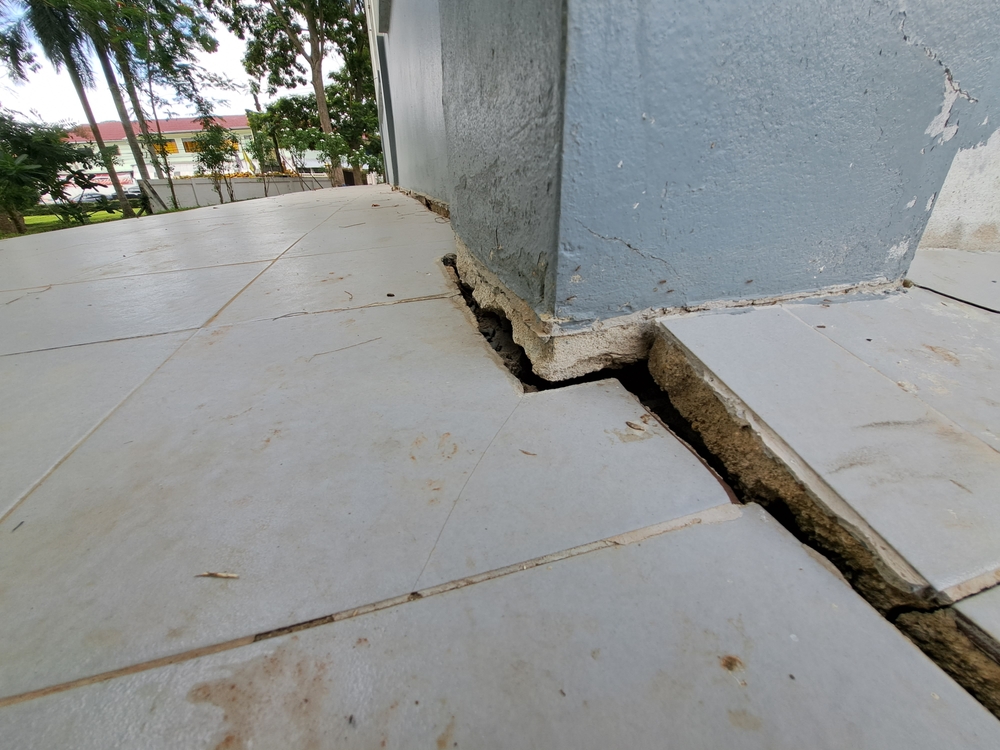
In J&S Welding, Inc. v. Liberty Mutual Insurance Company, the U.S. Court of Appeals reviewed a summary judgment ruling in favor of co-defendant West American Insurance Company (“West American”), issued by the U.S. District Court for the Western District of Tennessee. The 6th Circuit held that the property policy’s cosmetic damage exclusion applied to bar coverage because the insured, J&S Welding, Inc. (“Insured”), failed to disclose or produce any expert evidence to rebut the conclusions of the West American’s three experts, who determined the roof’s damage was merely cosmetic.
Read more ›









